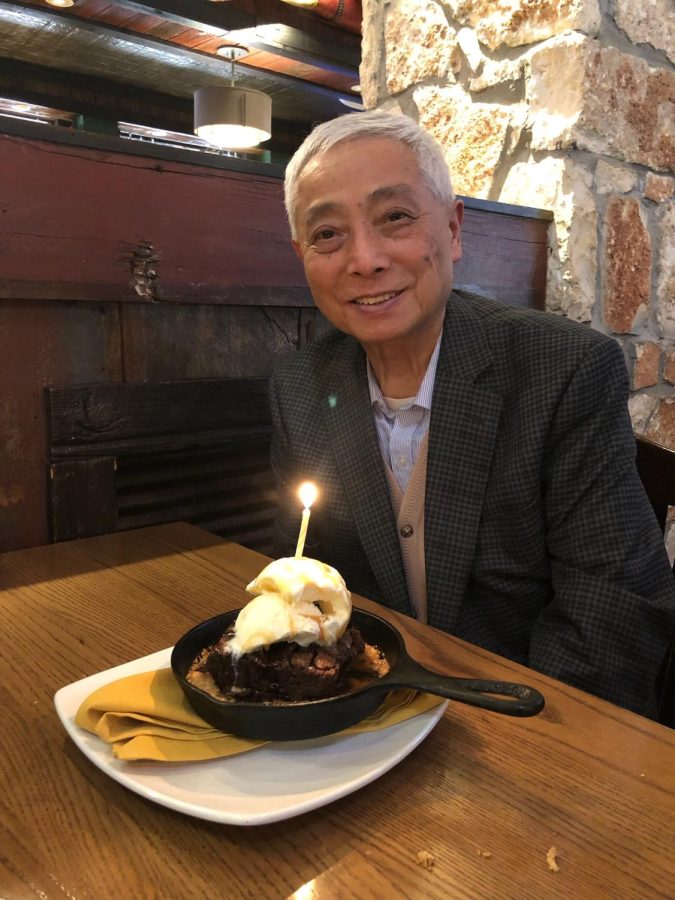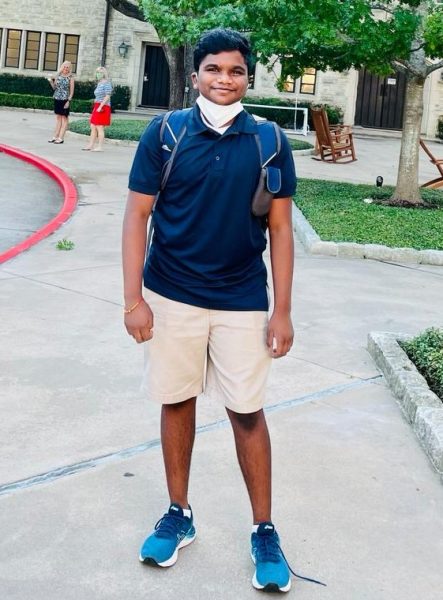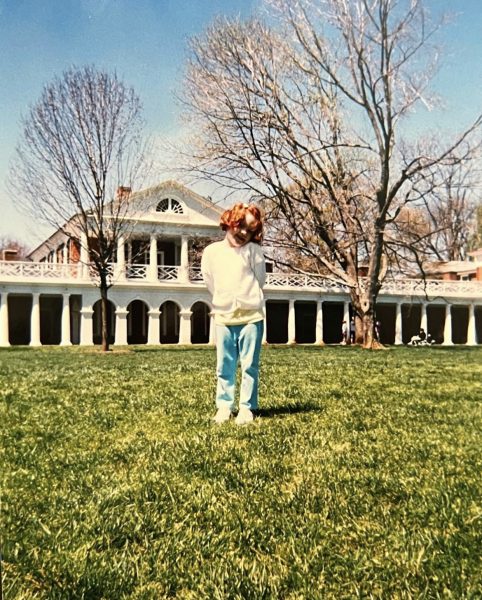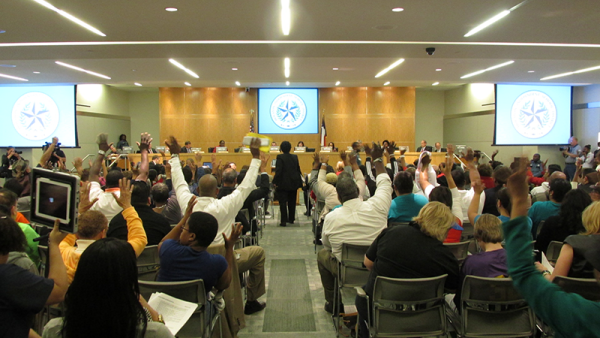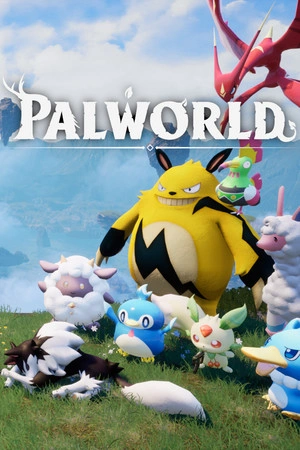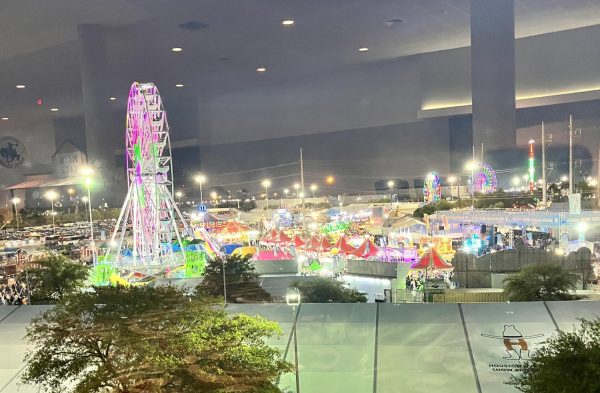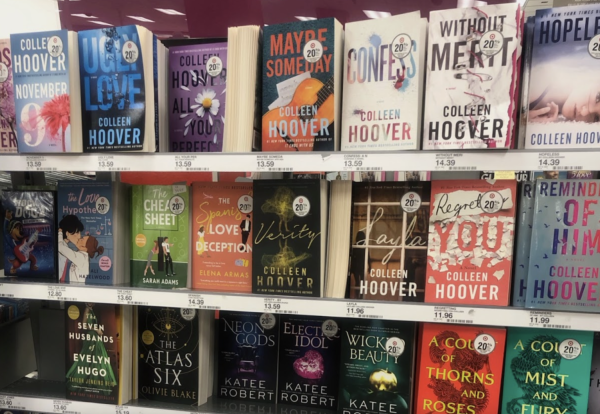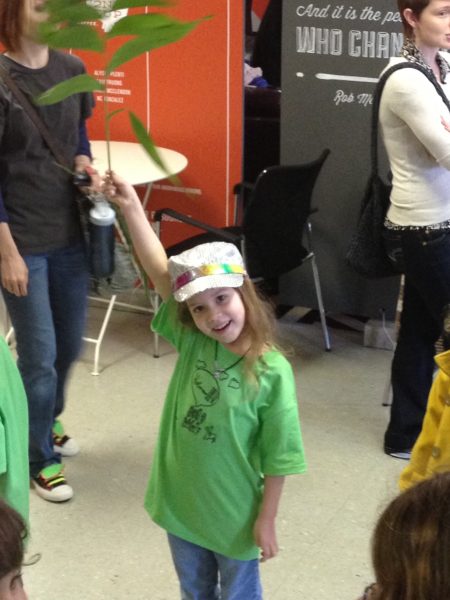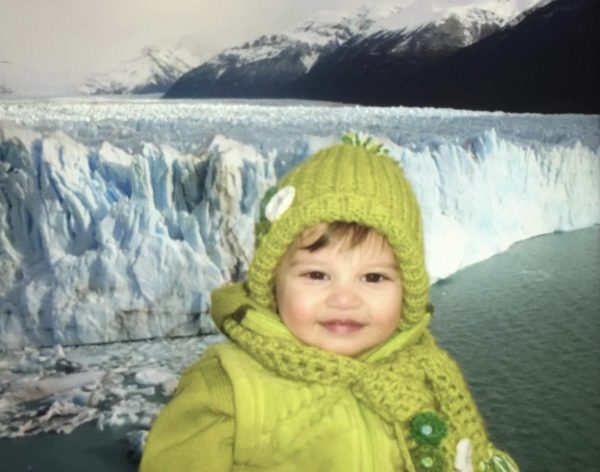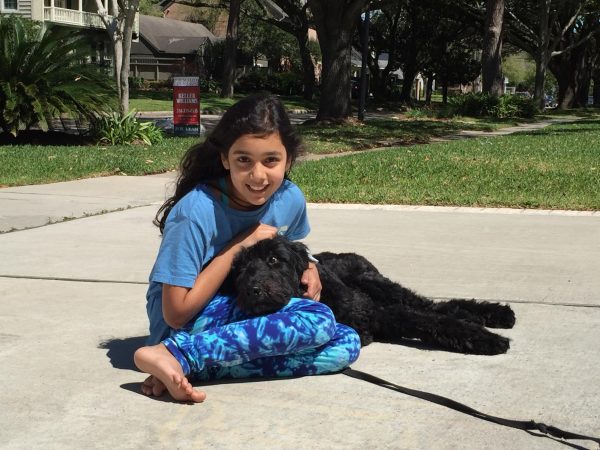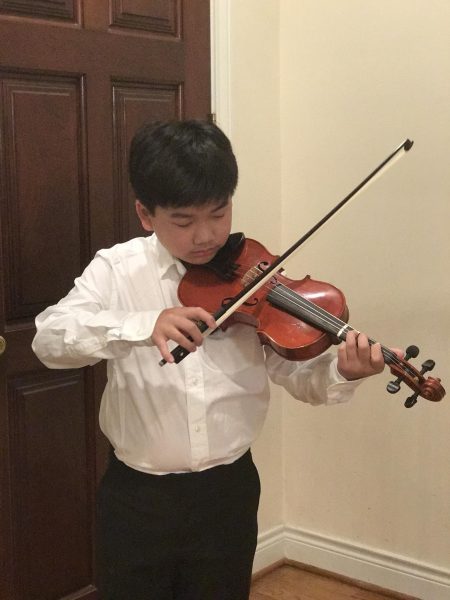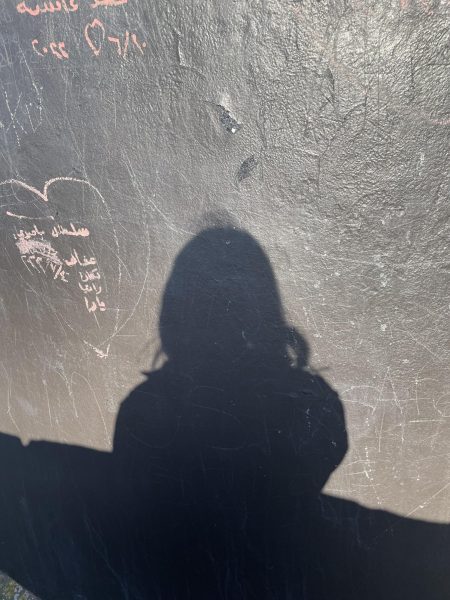Personal Column: The comorbidity of love and grief
My GongGong celebrating his 80somethingth birthday.
I’ve been fortunate enough to have all four of my grandparents every Christmas. I just wish my GongGong hadn’t been there for the last one.
It felt as if the phone was ringing slower and slower as I silently begged each one not to end in a dial tone.
“911, what is the location of your emergency?”
At least, that’s what they say in the movies. So I think that’s what the operator first said. As vividly as I remember that December night, that detail has escaped me. Maybe I just couldn’t hear anything over my own heartbeat, the organ threatening to burst past my ribcage.
I sounded eerily business-like as I said my grandfather—my GongGong—was eighty-two years old. (I never realized how close that was to a hundred.) Yes, paramedics. (Do they have to take him away? Can’t they just fix him here, where he belongs?) Hold on, my mom has to translate. (Yes, I’m ashamed of not knowing my mother tongue.) Yes, I’m applying pressure. (There’s so much blood. Am I really helping?) Okay.
Only one person was allowed in the ambulance—my mom, since she was GongGong’s daughter and able to translate. My dad wasn’t home, but his instinct had been engraved into my own: stay calm, pack mom’s bag. His instructions would’ve been firm and straightforward, with the subtlest affectionate undertone. (You have to listen hard to hear it, and even then, you’ll sometimes believe you imagined it.) His words are first-generation and Americanized, unlike the slight lilt in my mom’s th and s syllables.
The list I catalog in my head is in his neat print; the urgency of it sounds like the strictness in his voice. A flat tone that “I love you” hides behind, the one I catch my own voice slipping into sometimes.
I hand my mom her purse, taking silent inventory of her pockets too. “You have everything?”
Yeah. Thank you, sweetie. Will you—
I reluctantly pushed out of her embrace. “Go, just text me later.” (I almost add, “我爱你.”)
There are a million assumed understandings between us. Mom will call dad on her way there, and I will pick up when dad calls to check on me. I will make sure PoPo gets to bed, and I will bring her painkillers and salonpas if her back is bothering her tonight. I’ll call Yima, my mom’s sister and GongGong’s only other next of kin, and we will not be Too Emotional about what is happening until some Wednesday night long into the future.
The ambulance whisked away the pandemonium as quickly as it brought it. Jasmine, my too-reactive chihuahua, had nothing else to bark at; my PoPo—GongGong’s perpetually angry wife—had no more barking to shush.
PoPo urged me back to bed; I obliged, as one does when a Chinese grandmother tells you to do anything. We fell into a strange, off-kilter rendition of our nightly routine.
I hovered by the light switch, waiting for her to shuffle into bed. It took me too long to realize what was amiss: the empty space next to her. GongGong was usually fast asleep, snoring quietly on his side by the time PoPo retired for the day. Maybe we should have blanketed the floor on his side when that routine started to change, when he couldn’t quite tell night from day.
PoPo’s soft “晚安, 宝宝,” woke me from my stupor. That was my cue. I turned out the lights and softly echoed a goodnight, leaving for my room. A flimsy attempt at normalcy—but what else could we do?
As I went to check my phone, a dark line beneath my thumbnail caught my attention. I examine the rest of my fingers, realizing they were caked with GongGong’s blood. I looked closer to find that it encircled some of my cuticles, and stained some of the spots where my nail had chipped away. (A bad habit PoPo had tried to get me out of when I was little.)
A slightly irrational, overwrought part of me wondered if this would be the last part of GongGong I’d have, the last part of a man who had practically raised me. Morbid, I told myself. Yet, I found my feet shuffling back to PoPo’s doorway.
I stood, and I listened. I used to do this to make sure I could safely whisper to my friends on the phone late at night. Now, all I could think of was just how easily the blood under my nails could have been hers tonight. I listened for longer than four snores, my usual count. I listened until I could match my breathing with hers, until I had the urge to crawl into bed next to her and sob and struggle to explain in my broken Mandarin. Something told me she would understand, despite my tears and terrible accent.
My phone buzzed with a text from my dad. Call me.
I sat at the bottom of the stairs, next to everyone’s house shoes, and lifted the phone to my ear. My hands were shaking harder than they had been when I’d spoken to the operator. Making a call in an empty house felt wrong. Even when I called 911 earlier that night, the dial tone had shared the room with my family’s panic.
Did you make sure mom—Yeah, of course. Good.
After my dad hung up, my fingers twitched to call my other grandparents—MaMa and YeYe, constants of my childhood. Two more people whose temporality I was greeted with tonight.
But I didn’t want to wake them. (My broken Cantonese was even worse over the phone, anyways.) Instead, I recalled their birthdays, calculating how many of my lifetimes I could fit into theirs. Too many, I concluded.
But somehow, my four grandparents had filled my measly sixteen years with their decades of life. YeYe picked me up from my first day of school and every day after that. GongGong taught me solitaire, I taught him how to use a computer—he pointed, I clicked the cards. The altered hemlines of all my middle school khakis were tiny reminders of PoPo. The first car I drove was my MaMa’s old 2005 Lexus (which I also hit my first curb with).
I’d never taken their presence for granted. But I hadn’t realized that having all of them meant eventually losing all of them. Love and grief are often comorbid.
With the house silent, I felt like more of an only child than ever. Despite what they say about us, I’d never felt alone growing up. Between my grandparents and I, there was always someone up for Majong, even if I didn’t quite understand the rules. Even if my Chinese was barely comprehensible, there was an unspoken language between them and me.
That December gifted my family with some sick, twisted version of a Christmas miracle. Countless neurosurgeons, physical therapists, and nurses cycled through GongGong’s hospital room, each one leaving my parents with more bills and fatigue than the last. Behind room partitions, even though GongGong couldn’t understand English, my parents and I talked funeral arrangements. He wanted to be cremated and for part of him to be spread on the coast of his hometown. It felt like I was already grieving.
And in a way, I was. I was grieving the man who taught me to play solitaire, the man who cooked every one of my afterschool meals, the man who would come home, but not completely. Not really.
GongGong finally came home, but everything was different. The first days of figuring out how to care for him in his hospice bed were chaos—like bringing a newborn home from the hospital, my mom had wryly remarked.
Since December, with his dementia having progressed significantly, I’m sure my Mandarin is even harder to understand for GongGong. I change his diapers and feed him his tiny spoonfuls of meals with little to no words. I rub bedsore cream onto his back and cut his nails with no more than a few hums of acknowledgment. We watch Chinese opera programs together in silence.
After GongGong was home, I began to learn the first language my grandparents truly spoke to me, from infancy until now: Care.
Your donation will support the student journalists of Carnegie Vanguard High School. Your contribution will allow us to cover our annual website hosting costs and fund field trips, competition fees, and equipment. We appreciate your support!

Ava Lim is a senior at CVHS. She's a lover of all things neat and pretty, and has a variety of hobbies, ranging from calligraphy to crochet. They love...

